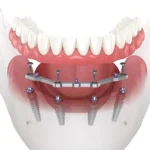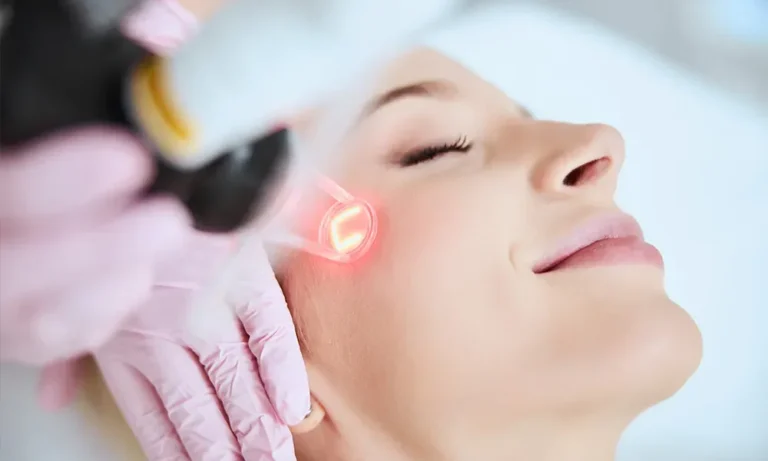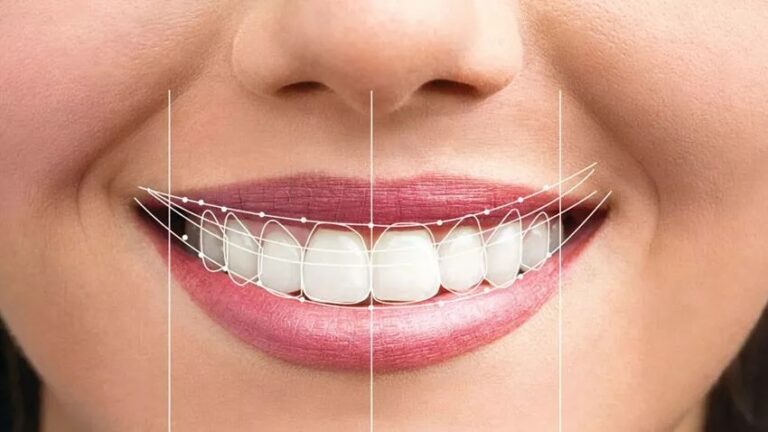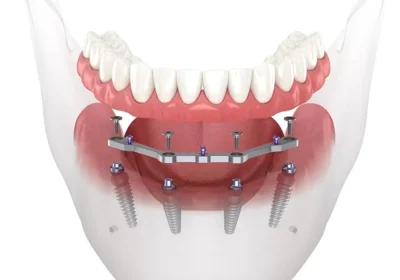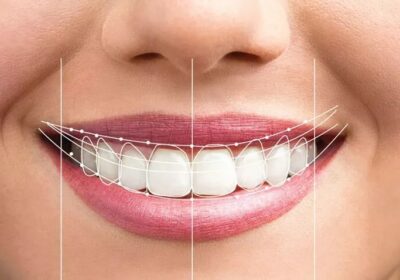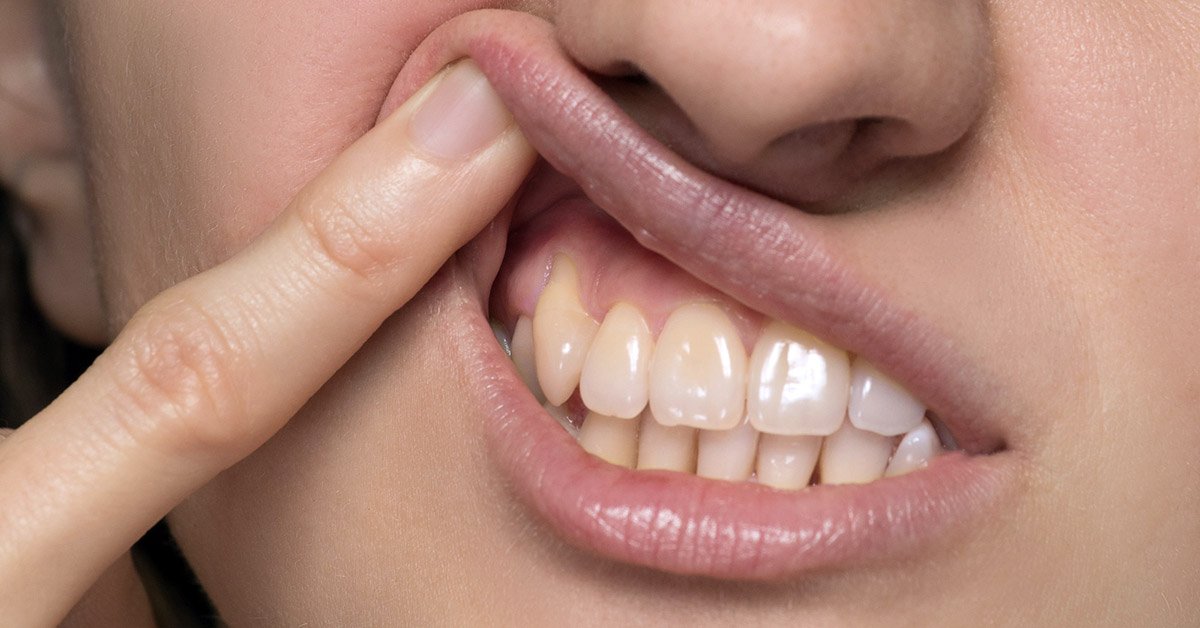
6 Warning Signs of Gingivitis You Shouldn’t Ignore—And How to Protect Your Gums
Gingivitis is a mild form of gum disease that, if left untreated, can progress into more serious conditions like periodontitis. Fortunately, catching it early can make a huge difference in preserving your long-term oral health. Whether you’ve noticed subtle changes in your gums or you simply want to stay informed, here are six potential signs of gingivitis—and why it’s important to act quickly if you suspect you have any of them.
1. Red, Swollen Gums
One of the first indicators of gingivitis is the appearance of your gums. Healthy gums typically have a firm, pinkish tone. If you notice that your gums look redder than usual or feel tender and swollen, it could be a reaction to plaque and bacteria building up near the gumline. Left alone, this inflammation can worsen and spread.
Why It Matters:
Red, puffy gums are a hallmark of gingivitis. Addressing this symptom quickly—by improving daily brushing and flossing and scheduling a professional cleaning—can prevent more serious gum disease down the road.
2. Bleeding When Brushing or Flossing
Noticing blood in the sink after your morning or evening oral care routine is another red flag. While occasional mild bleeding can sometimes occur if you brush too hard, frequent or persistent bleeding is often an indication of gum irritation or infection.
Why It Matters:
Bleeding gums suggest that your gum tissue is irritated or inflamed. This could allow bacteria to enter the bloodstream, potentially affecting other areas of your health. Consulting a dental professional can help pinpoint the cause and provide solutions to reduce bleeding.
3. Chronic Bad Breath
Persistent bad breath, also known as halitosis, isn’t just an inconvenience—it can also be a sign of gingivitis. Gum disease allows bacteria to thrive under the gumline, where they produce foul-smelling compounds that basic mouthwash may not eliminate.
Why It Matters:
Lingering bad breath can affect your social interactions and self-confidence. More importantly, it signals an ongoing bacterial presence that needs professional attention. By tackling the root cause—infected gums—you’ll likely see an improvement in your breath and overall oral health.
4. Receding Gums
When your gums begin to pull back, making your teeth appear longer, you might be experiencing gum recession. In many cases, gingivitis and the buildup of plaque can contribute to gum tissue weakening and receding.
Why It Matters:
As gums recede, tooth roots can become exposed, increasing sensitivity to hot or cold temperatures. Exposed roots are also more susceptible to decay. Early intervention can help stop recession and protect these vulnerable areas.
5. Changes in Tooth Sensitivity
If you’re suddenly more sensitive to hot drinks, cold treats, or even sweet foods, gingivitis may be part of the problem. Inflamed gums can leave areas of the tooth more exposed, triggering discomfort when you indulge in your favorite beverages or snacks.
Why It Matters:
Tooth sensitivity often starts mildly, but it can escalate if not addressed. Identifying the link between sensitivity and gum health can encourage faster treatment, reducing discomfort and preventing further complications.
6. Tender or Loose-Feeling Teeth
You might notice your teeth feeling slightly “off” or even a bit wiggly when you bite down or chew. This sensation often occurs as the supporting gum structure weakens. While it’s not always a clear sign of advanced disease, it’s a strong indicator that your gums need attention.
Why It Matters:
Loose teeth can be a sign that gingivitis is progressing toward periodontitis—an advanced form of gum disease that can result in tooth loss if untreated. Recognizing early symptoms can save you considerable stress and expense in the long run.
Taking Action for Healthier Gums
If any of these six signs sound familiar, scheduling a dental checkup is your best next step. At Wychwood Dental, we emphasize early intervention and personalized care. Our hygienists can perform a thorough cleaning to remove plaque or tartar, and our st. clair dentist will assess your gum health to recommend a tailored treatment plan. Addressing gingivitis quickly isn’t just about maintaining a great smile; it’s also about protecting your overall health. By treating gum disease before it advances, you can prevent more invasive procedures and enjoy the benefits of a healthy mouth for years to come.
Ready to Take the Next Step?
Visit Wychwood Dental for a thorough evaluation of your gum health, professional cleanings, and a tailored treatment plan if needed. Our dedicated team is here to help you achieve and maintain strong gums—and a confident, healthy smile.



